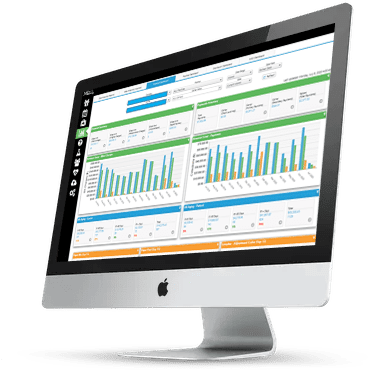Blue Cross and Blue Shield of North Carolina has agreed to acquire all North Carolina-based locations of FastMed, a company that offers telehealth, urgent and primary care, occupational health and preventive services. In all, Blue Cross NC will acquire 55 FestMed locations, with the companies saying they would work together “to fortify healthcare capacity in […]
The ability to have AI in the EHR must have the goal of incorporation into daily workflows, says Meditech COO Helen Waters.
Cash compensation for medical and surgical specialists climbed higher in 2023 and will only increase over the next several years, finds a new physician compensation report from SullivanCotter.
The Global and Professional Direct Contracting Model for Performance Year 2022 saved the Centers for Medicare and Medicaid Services $371.5 million and saved direct contracting entities $484.1 million, according to the agency’s first evaluation report of the model. This represents an increase from $70.4 million in savings to CMS and $46.5 million in net savings […]
Chatbots based on large language models (LLMs) are being integrated into healthcare systems, but these models may be perpetuating harmful, race-based medical beliefs that could be particularly harmful to Black patients, according to a new study published in Nature.
Large language models help leverage the social determinants of health for better care navigation, says Karl Ulfers, cofounder and CEO of DUOS.
Henry Ford Health and Ascension Michigan have signed an agreement to integrate Ascension’s southeast Michigan and Genesys healthcare facilities and assets with Henry Ford’s. The expanded organization, to be branded Henry Ford Health, would remain headquartered in Detroit. It would be led by Henry Ford Health President and CEO Bob Riney and governed by a […]
The Infectious Diseases Society of America and a coalition of medical professional societies have released recommendations for modifying the Centers for Medicare and Medicaid Services sepsis metrics to improve sepsis care and outcomes, saying hospitals could potentially lose federal funding if they fail to meet the new benchmarks.
Over the past several days health insurers have criticized the Biden Administration’s proposed regulatory updates to mental health parity requirements, with some decrying what they deem as burdensome compliance requirements.
Practicing medicine is generally seen as a well-paying field, but some positions pay better than others. Physicians and surgeons make higher wages than both the general population and other healthcare providers, and of all specialties, cardiologists top the list. According to nonprofit data analysis firm USA Facts, cardiologists have the highest average annual wage of […]

